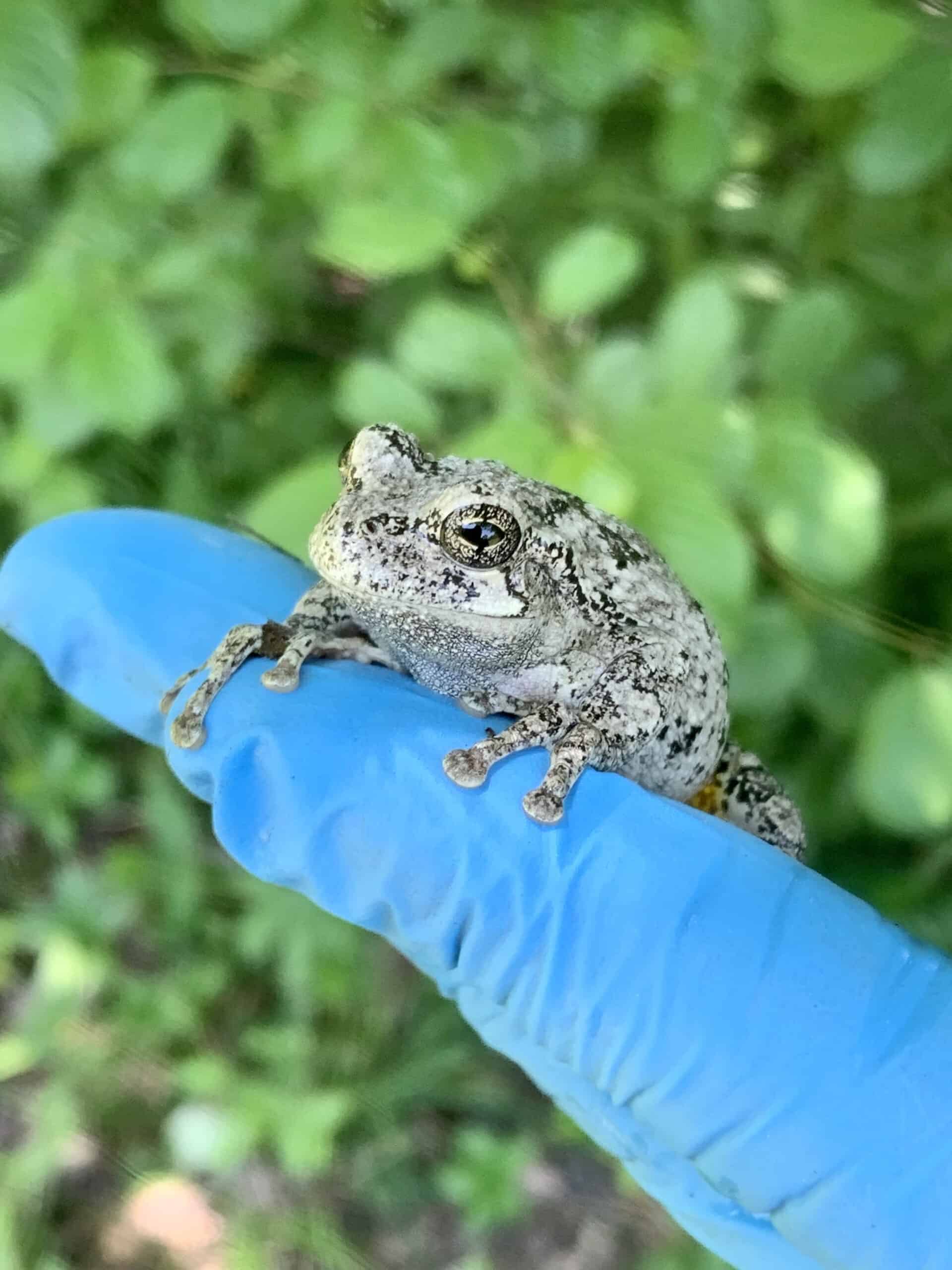Share this article
TWS submits comments on proposed ESA changes
In July, the U.S. Fish & Wildlife Service and the National Marine Fisheries Service announced several proposed changes to regulations enforcing the Endangered Species Act. Released for public review and comment in three separate documents, the proposed changes would affect (1) interagency cooperation, (2) threated species listings and (3) the listing process and critical habitat designation.
TWS developed comments based on its technical review and by soliciting comments from TWS chapters and sections through the Conservation Affairs Network, select working groups and individual members.
In the comments, TWS noted its concern about the USFWS’ proposal to rescind the “blanket 4(d) rule.” Under this existing rule, species listed as threatened are automatically protected against “take” to the same degree as endangered species, unless the agency chooses to establish specific regulations for that species. Developing an individual rule for each species listed as threatened would likely require additional resources, while not doing so would leave those species unprotected from “take.”
TWS also expressed concerns about the removal of a requirement that listing decisions be made without reference to possible economic impacts of the decision. In the proposal, the agencies indicated that economic factors would not be considered in listing decisions or presented for public comment, but they did not provide information regarding how or when these economic indicators will be used. The Endangered Species Act requires that listing decisions be made solely on the basis of the best available science and restricts economic impacts from influencing the listing decision. In its comments, TWS reiterated the importance of listing decisions being made on the basis of science.
The agencies also proposed to change the process for informal consultation, requiring it to adhere to deadlines for completion. TWS’ comments noted that requiring the agencies to meet a deadline for informal consultations without also providing more resources to do so would be problematic. Informal consultation is the process wherein a federal agency that intends to take an action that could affect a listed species discusses that action and its likely effects with the USFWS or NMFS. Currently, there is no set timeline for informal consultations to follow.
The 60-day public comment period on all three proposals ended Sept. 24. USFWS and NMFS staff will now consider the input provided by the public and determine whether to finalize the proposed rules.
Read TWS’ Standing Position on Threatened and Endangered Species and learn more from our technical review.
Header Image: Endangered Species Act protections helped the peregrine falcon (Falco peregrinus) recover from the risk of extinction. ©USFWS








